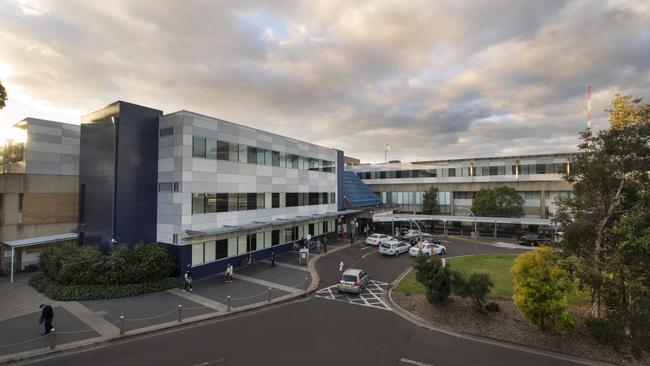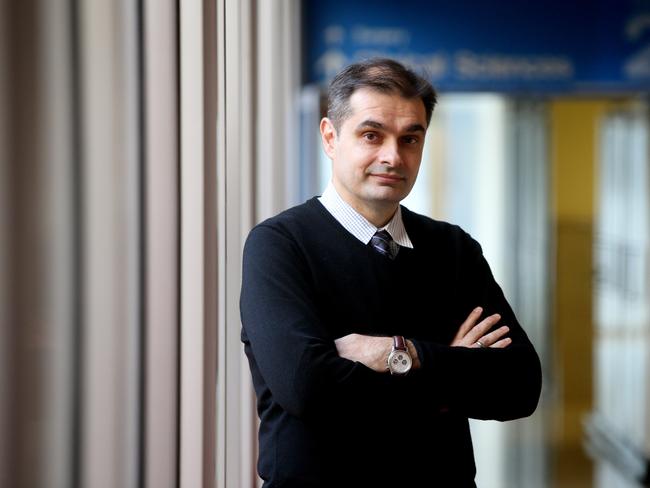Pill used by multiple sclerosis patients could slow motor neurone disease development
SYDNEY researchers hope Tecfidera, a drug multiple sclerosis sufferers use, will have a positive effect on people with motor neurone disease with a trial to see if it will slow the debilitating disease, after positive results in animal testing.

HEALTH experts hope a Tecfidera, drug multiple sclerosis sufferers use, will have a positive effect on people with motor neurone disease.
A Westmead Hospital professor is leading a world first clinical trial to determine if the phase-two national trial, which has already had positive results in animal testing, will slow the debilitating disease.
Due to start over the coming weeks, Sydney University professor and Westmead Hospital director of neurophysiology Steve Vucic said it was the largest phase two trial for patients with motor neurone disease.
Co-investigating with University of Sydney’s Brain and Mind Centre co-director Matthew Kiernan, the pair will use tecfidera in blind testing of 150 patients.
There will be six national centres — two in Sydney — including one at Westmead as well as sites in Brisbane, Melbourne, Adelaide and Perth.
“Research (in animal models) has shown that if you manipulate the immune system it can slow down the progression,” he said.
“If we enhance this good part of the immune system, it will prolong life in the animal model. It doesn’t stop it (motor neurone disease) from triggering but slows it markedly.
“If humans have higher ‘good’ regulatory T-cells, it correlates with a slower rate of progression. And Tecfidera does that exact thing.”

Professor Vucic said their five year dream to run the multimillion-dollar trial was hugely made possible through funds from FightMND, an organisation that runs The Big Freeze.
The nine-month trial, expected to start mid-February, will see patients receive either tecfidera or sugar tablets (placebo).
The placebo allows researchers to determine the true effect of the drug in patients with the disease over the same period of time by not divulging which tablet the patient is actually taking.
Trial participants attend an initial assessment then are asked to come back every two months. Each visit they are examined for side effects, their breathing function is measured and muscle strength as well as routine bloods to ensure their liver and kidneys are functioning.
An interim analysis at the midway point will determine the study’s trajectory.
“If there are positive indicators to the drug we will provide the drug to all trial patients,” Professor Vucic said.

“If the drug works and it slows disease progression it is another treatment option and, as a clinician and someone who manages patients, that’s of vital importance.
“As a researcher, it provides further insight into the process and factors that drive this disease to quickly progress.”
Professor Vucic said it could open novel pathways to research and development further treatments even something that could completely stop the disease in its tracks.
Potential trial participants can email Professor Vucic direct at steve.vucic@sydney.edu.au.
THE DISEASE
● There are about 500 people in NSW with motor neurone disease
● Weakness or wasting of muscles in the hand or legs are initial symptoms
● People can also present with speech difficulties
● It is not known what causes the disease
● More common in soccer players, army personnel and marathon runners
● There is no cure
● Life span once diagnosed is three to five years
● Every day, two people die from the disease in Australia
DYING WITH DIGNITY: ANNIE’S: STORY
